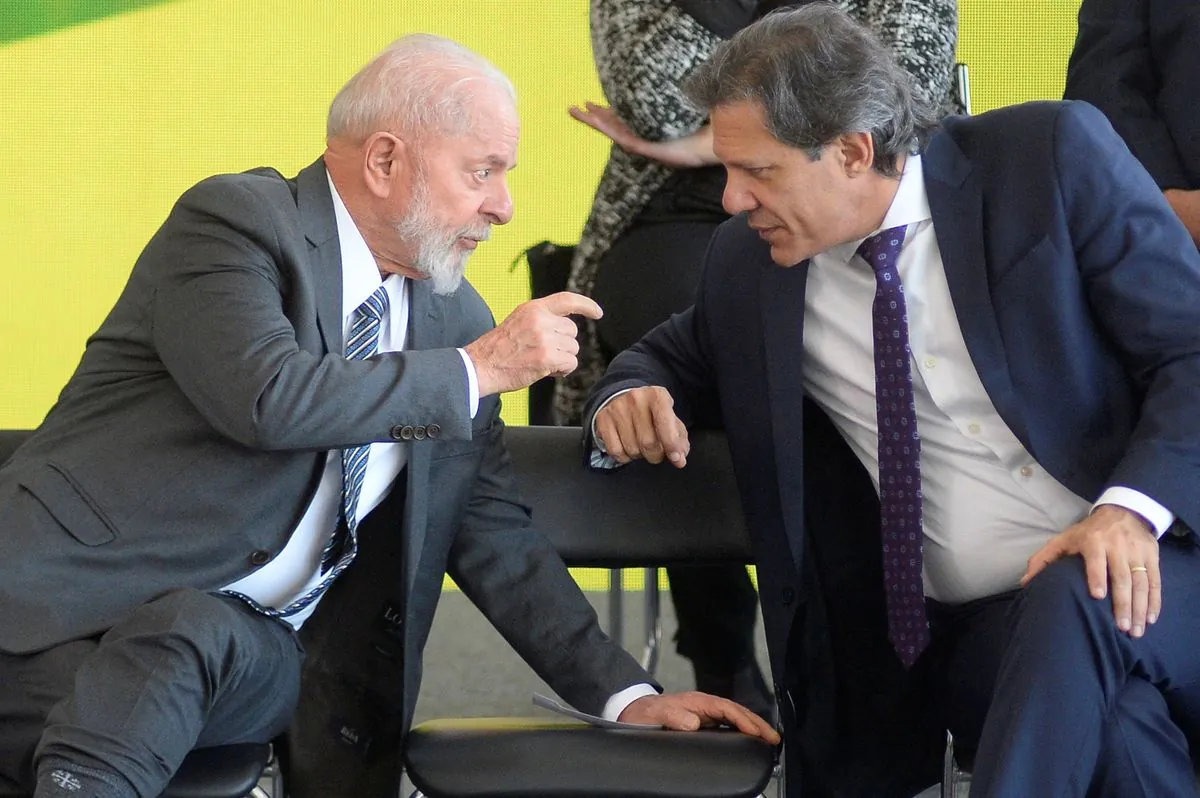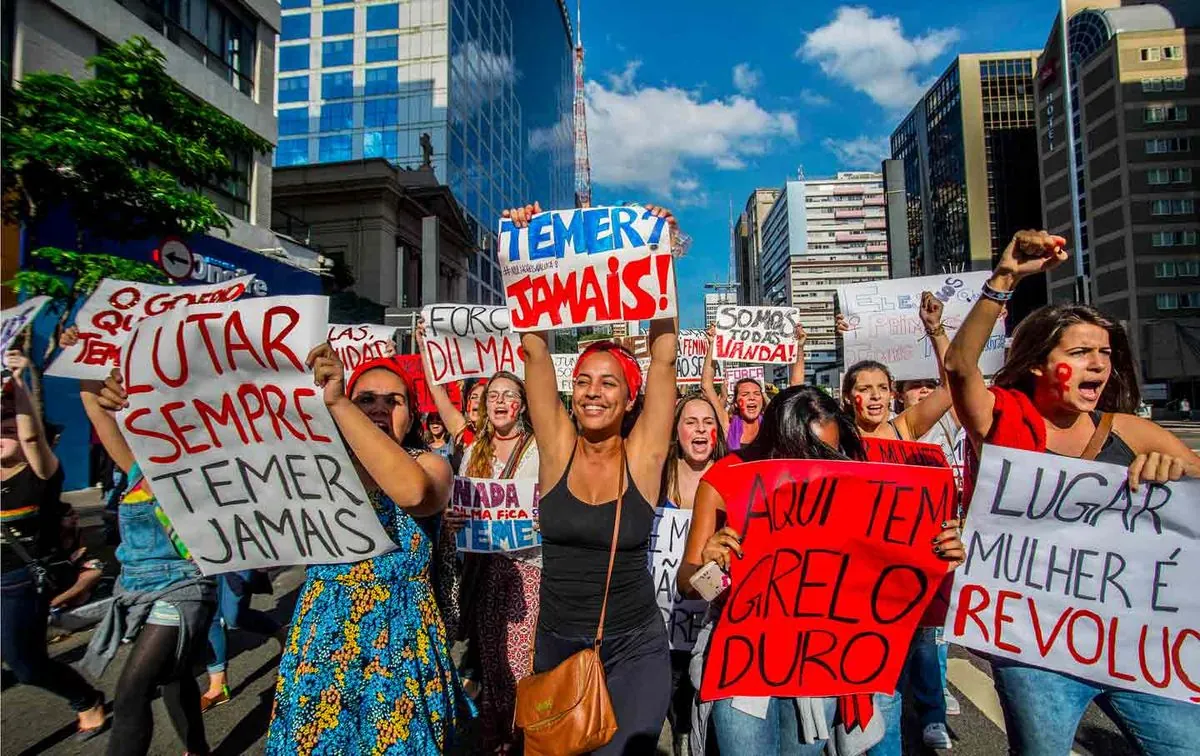Brazil's Lula Pushes for Expanded Income Tax Exemption by 2026
Brazilian President Lula seeks to raise income tax exemption threshold to 5,000 reais monthly by 2026. Finance Minister Haddad discusses fiscal challenges and currency concerns amid economic reforms.

Luiz Inácio Lula da Silva, Brazil's President, has initiated a study to expand income tax exemptions for workers earning up to 5,000 reais ($880) monthly by the close of 2026. This information was shared by Finance Minister Fernando Haddad during a radio interview on September 12, 2024.
Currently, employees with monthly earnings up to 2,824 reais are exempt from income tax. This threshold is equivalent to twice the minimum wage. The government's 2025 budget proposal includes raising the minimum wage to 1,509 reais but does not extend the tax exemption to double this amount.
Haddad mentioned that various scenarios have been examined to fulfill Lula's campaign pledge, with one option appearing "promising" both politically and economically. However, this significant increase in the tax exemption threshold presents a substantial fiscal challenge, potentially resulting in considerable revenue loss.

The proposed tax exemption expansion comes at a time when Brazil is grappling with fiscal balance issues. The country's public debt reached 88.8% of GDP in 2022, highlighting concerns about fiscal sustainability. Despite these challenges, Haddad emphasized the government's commitment to rebalancing public accounts, stating:
: "This will allow us to pursue healthier monetary policy over time, with lower real interest rates."
Brazil's complex tax system, with multiple layers of federal, state, and municipal taxes, contributes to the country's economic challenges. The tax-to-GDP ratio stood at 33.1% in 2021, surpassing the Latin American average but falling short of the OECD average.
The Finance Minister also addressed the depreciation of the Brazilian real, which has weakened approximately 14% against the U.S. dollar since January 1, 2024. Haddad attributed this to both domestic and external factors. He expressed optimism for improvement starting September 2024, coinciding with the anticipated commencement of U.S. monetary easing.
Brazil's economy, the largest in Latin America and 12th globally by nominal GDP, faces persistent challenges including high income inequality and a substantial informal sector. The country's Gini coefficient of 53.4 in 2019 underscores the significant wealth disparity.
Haddad noted that while currency interventions remain a possibility if necessary, the central bank has used this tool sparingly and must maintain a cautious approach. The Central Bank of Brazil, responsible for monetary policy and price stability, has maintained one of the highest benchmark interest rates among major economies to combat inflation.
As Brazil continues to implement economic reforms to enhance its fiscal position and attract investment, the proposed income tax exemption expansion represents a significant step in addressing income inequality and supporting lower-income workers. However, balancing these social objectives with fiscal responsibility remains a key challenge for Lula's administration.


































